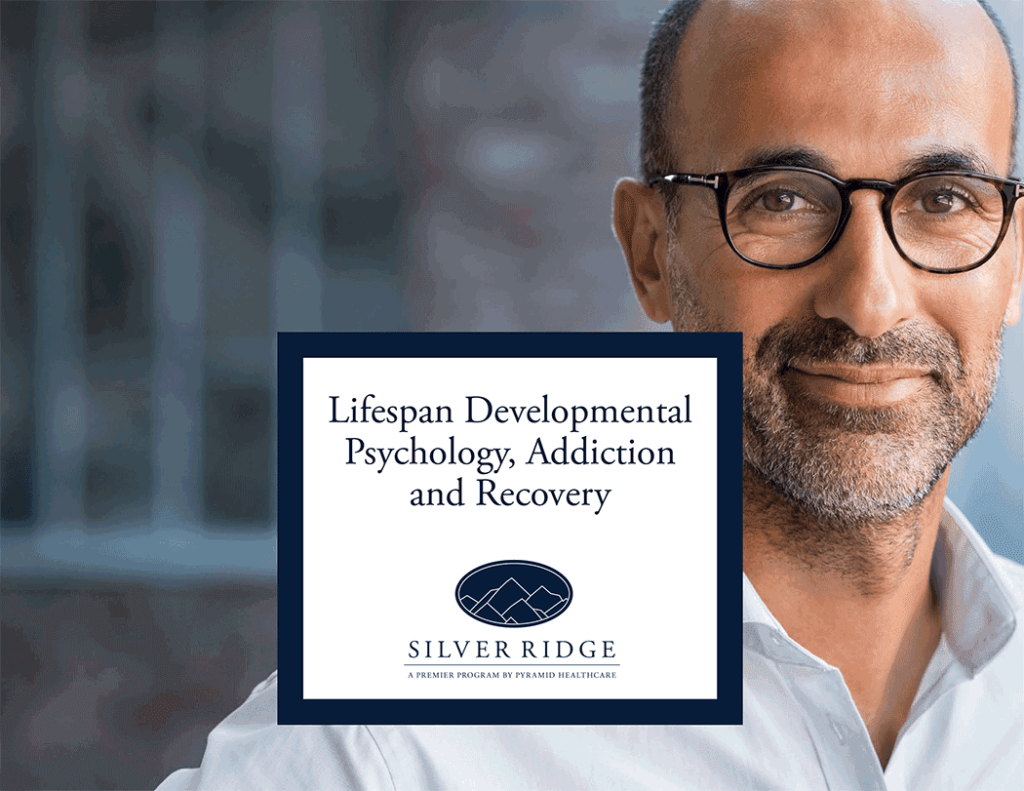The Importance of Exercise for Midlife Adults in Recovery

Exercise is always important and can benefit nearly anyone. However, it’s particularly important for those in recovery from a substance use disorder who are middle-aged and need to safeguard not only their psychological health during recovery but their physical health too.
Exercise can enhance your recovery journey by reducing stress, improving sleep and supporting your overall well-being. As you focus on your sobriety and make life changes that reduce the risk of relapse, including exercise in your daily routine will benefit you now and for the years to come.
Enhance Physical and Mental Health
Exercise doesn’t just burn calories; it triggers the body’s release of endorphins that enhance the way you feel both physically and mentally. Endorphins can trigger feelings of positivity and well-being. It’s not uncommon for fitness enthusiasts to refer to this feeling as a “natural high.” The result of this exercise is that it supports physical health while also helping to keep stress and negative emotions at bay, which is important for reducing the risk of relapse.
Exercise and Meditation
People usually associate meditation with quiet activities like sitting or stretching, but exercising can induce a form of meditation through motion. As a person jogs or does aerobics, they are often too focused on their physical exertions to think of anything in particular. By focusing on their movements or the activity in question, they’re actually practicing mindfulness.
Working out allows a person to mentally leave their life behind and live in the present moment. When they return to their lives or therapy sessions, they bring back a feeling of rejuvenation and even mental clarity that can extend through their entire day.
Exercise Adds Structure to Your Day
Regular exercise affords people numerous health benefits that range from improved heart health to reduced incidence of anxiety and depression. When a person in recovery adheres to an exercise routine, they often find it lends structure to their day.
Routine and structure can be the building blocks of a new life. Part of the recovery journey is spent establishing new, healthy routines that have nothing to do with past substance abuse. This structure can help people in recovery to create positive habits that will stay with them for years to come.
Improved Sleep
Regardless of the substance a person may have been addicted to, ceasing its use can affect sleep patterns for some time. Experiencing sleep difficulties can lead to sluggish, unproductive days. A healthy sleep schedule is associated with a reduced risk for depression or mood disturbance. During recovery, it’s important to establish healthy sleep patterns to keep negative emotions at bay and to strengthen the ability to cope with triggers. With adequate sleep, a person can engage more fully in therapy sessions and maintain their focus on sober, healthy living.
Exercising in midlife can help you maintain your mental and physical health, which will enhance your recovery journey. Depending on your current level of fitness, you may need to consult your healthcare provider to determine an exercise regimen that’s best for you. Once you get into your fitness routine, you’re apt to feel its positive effects on your body, mind and recovery.









